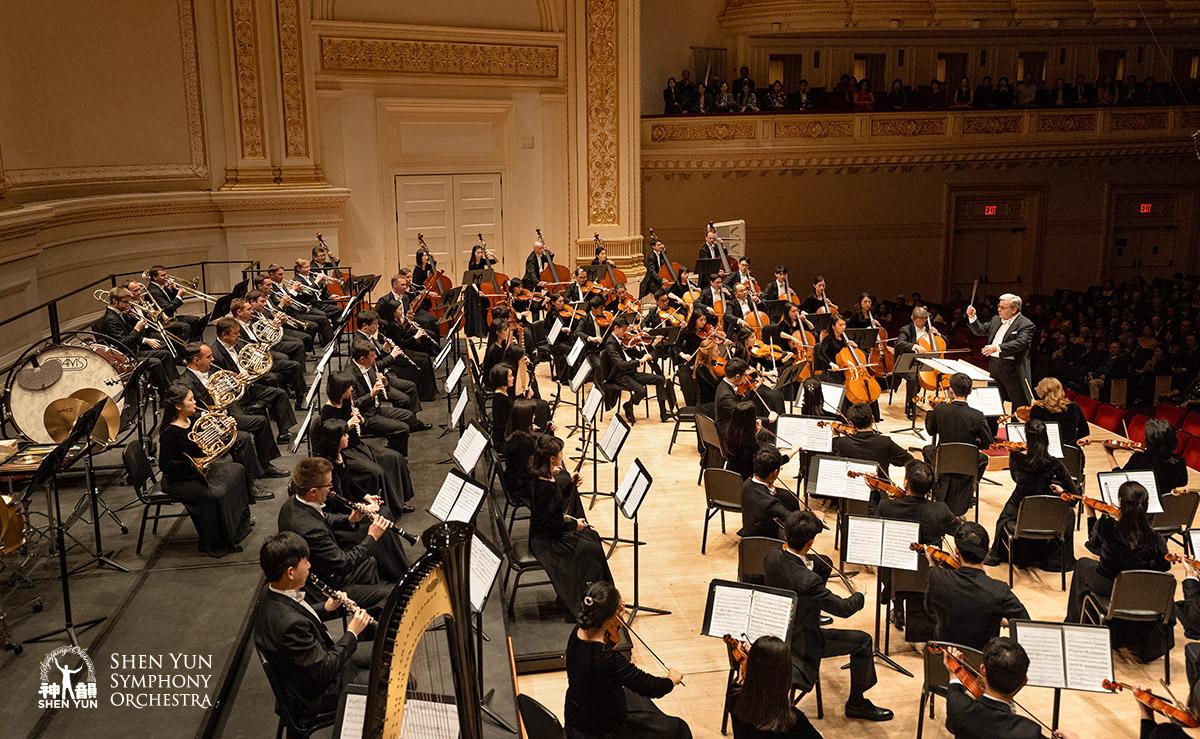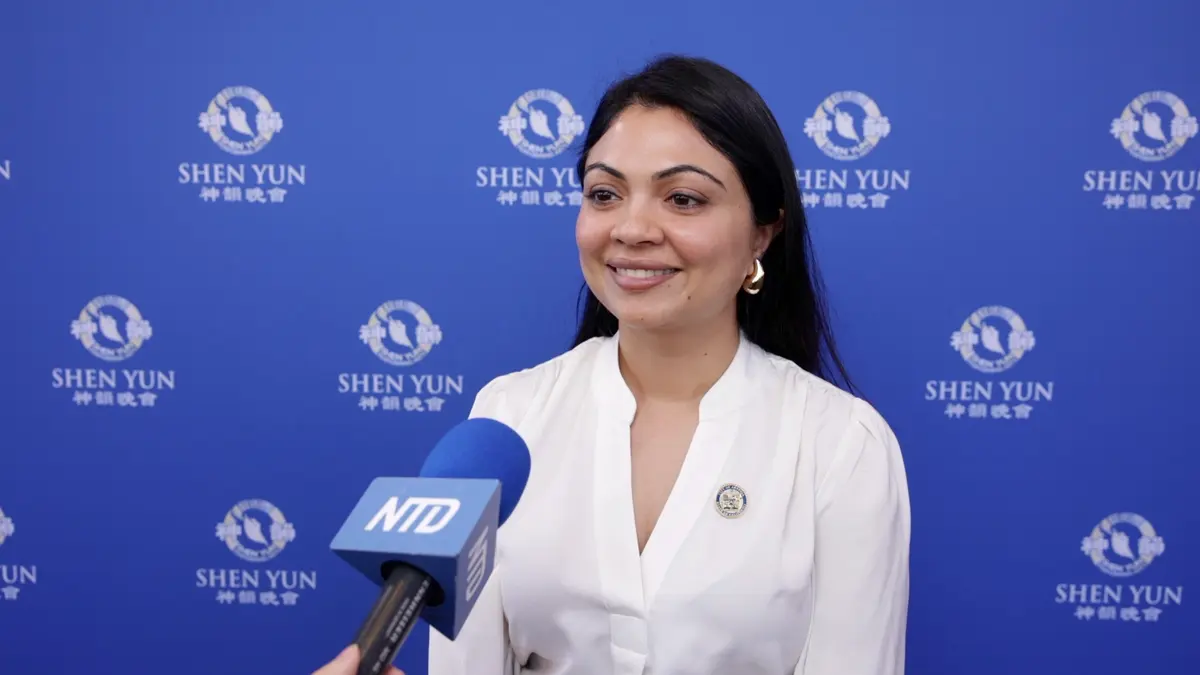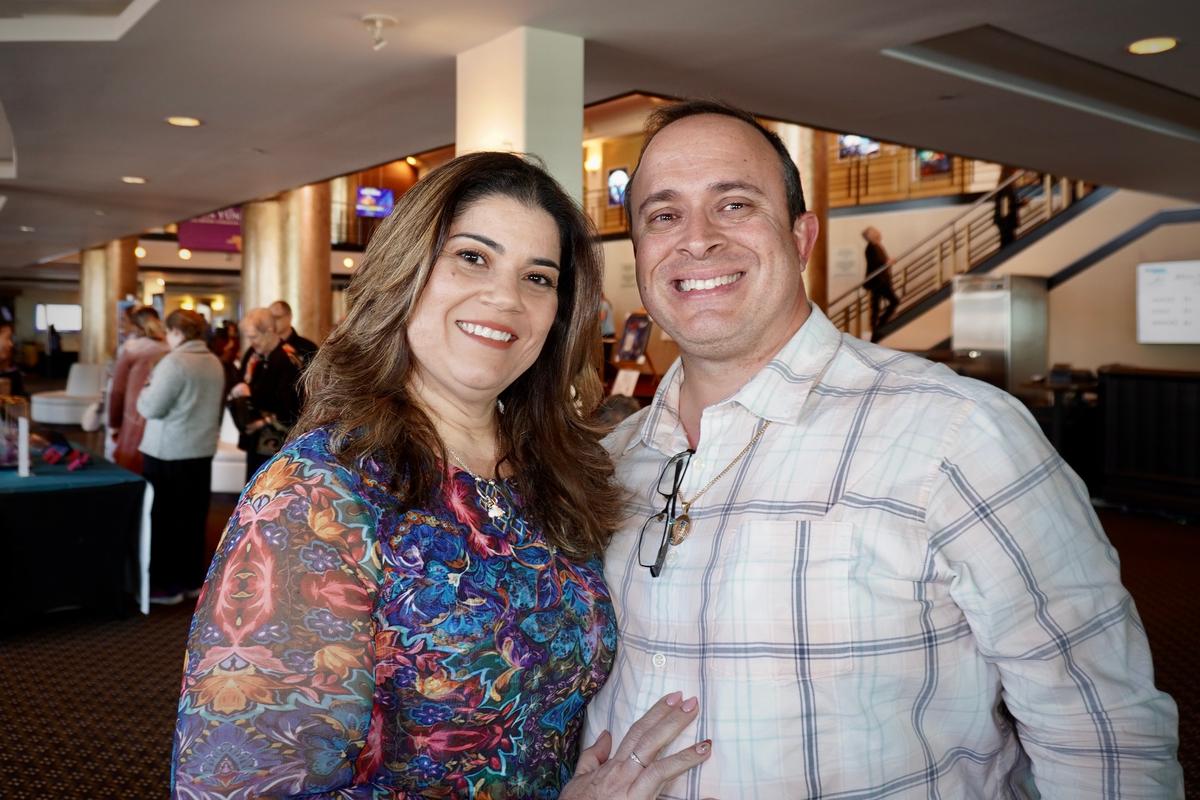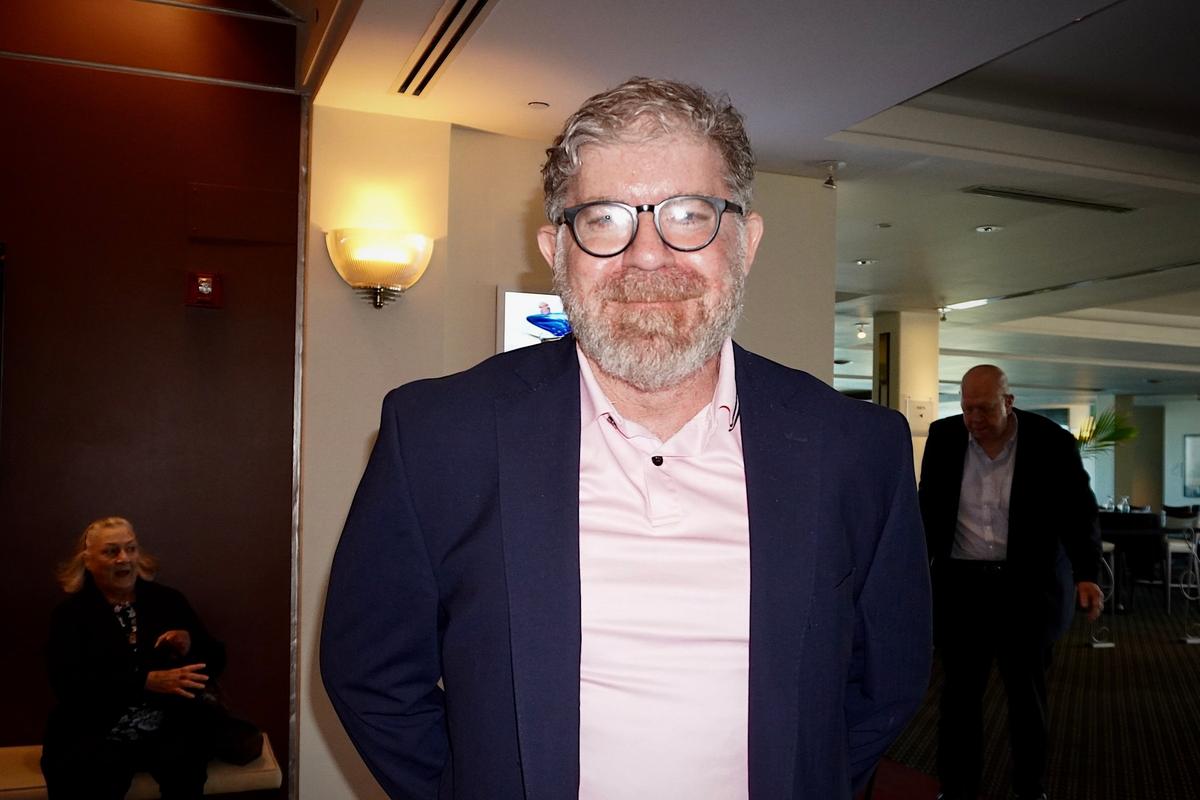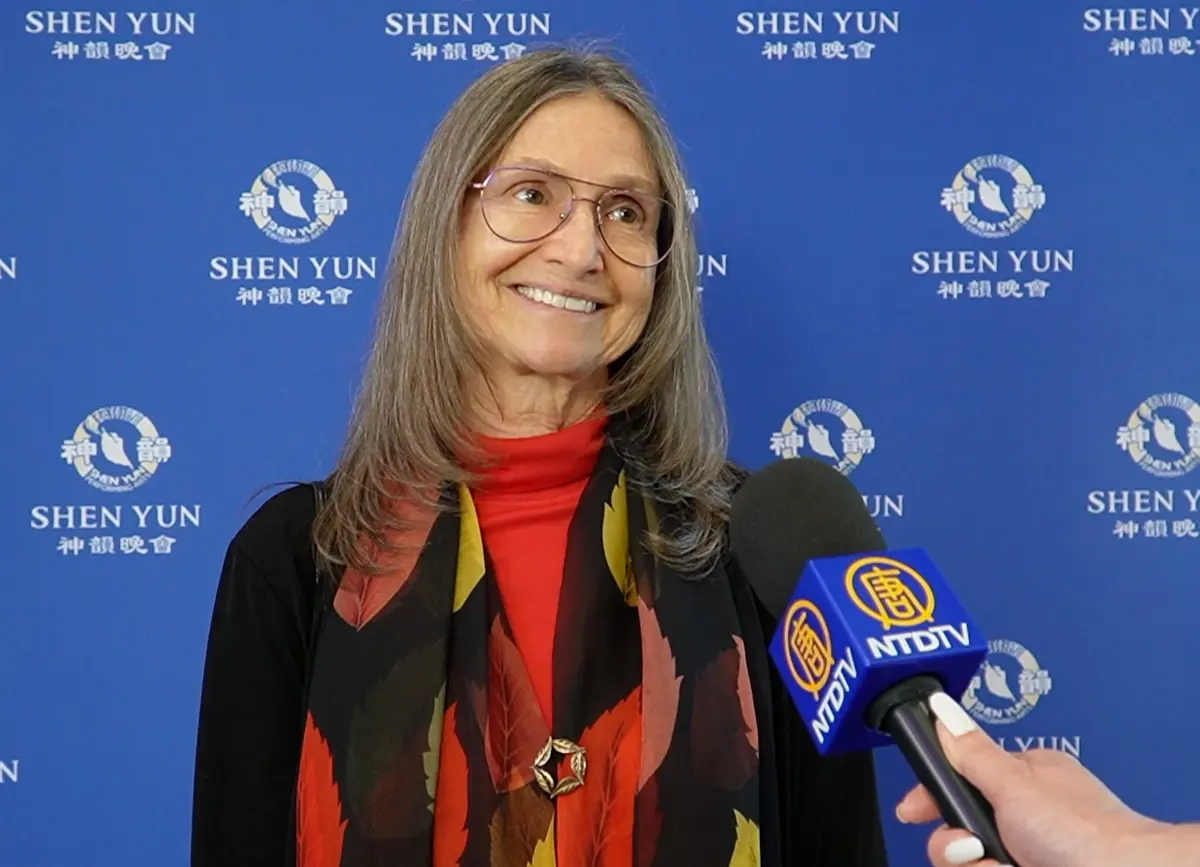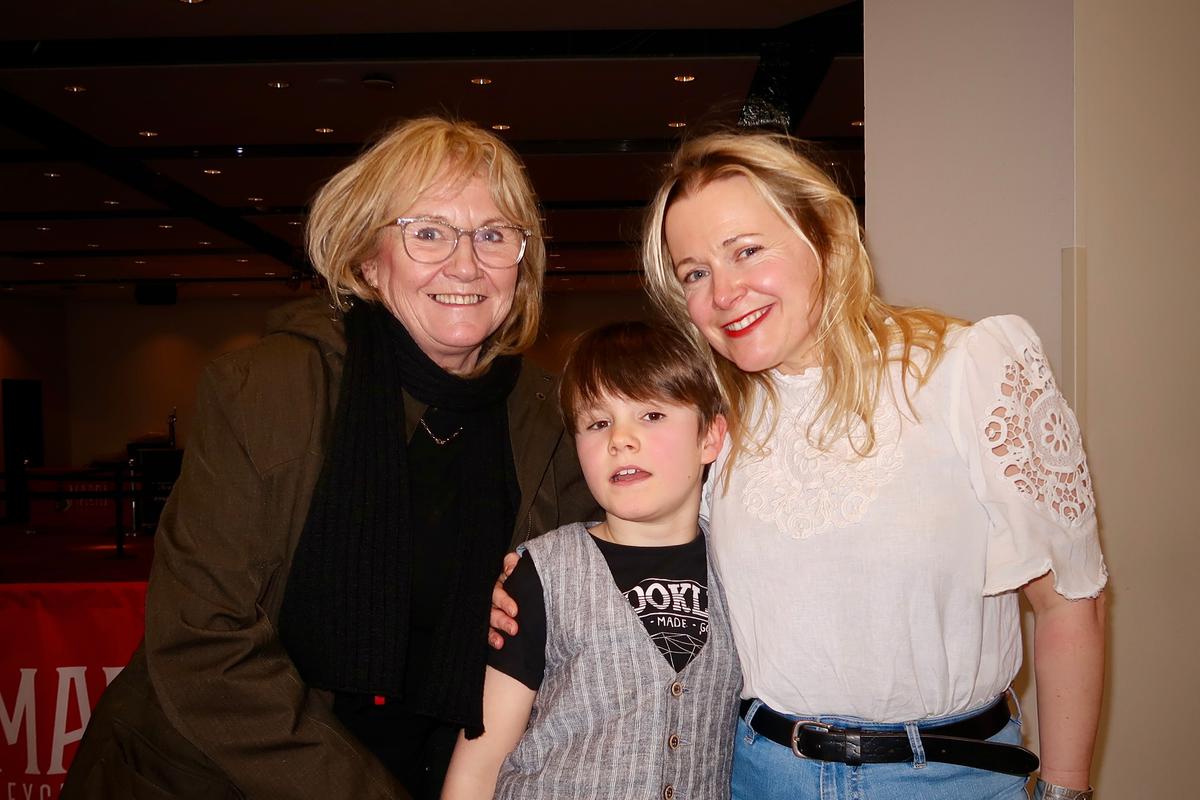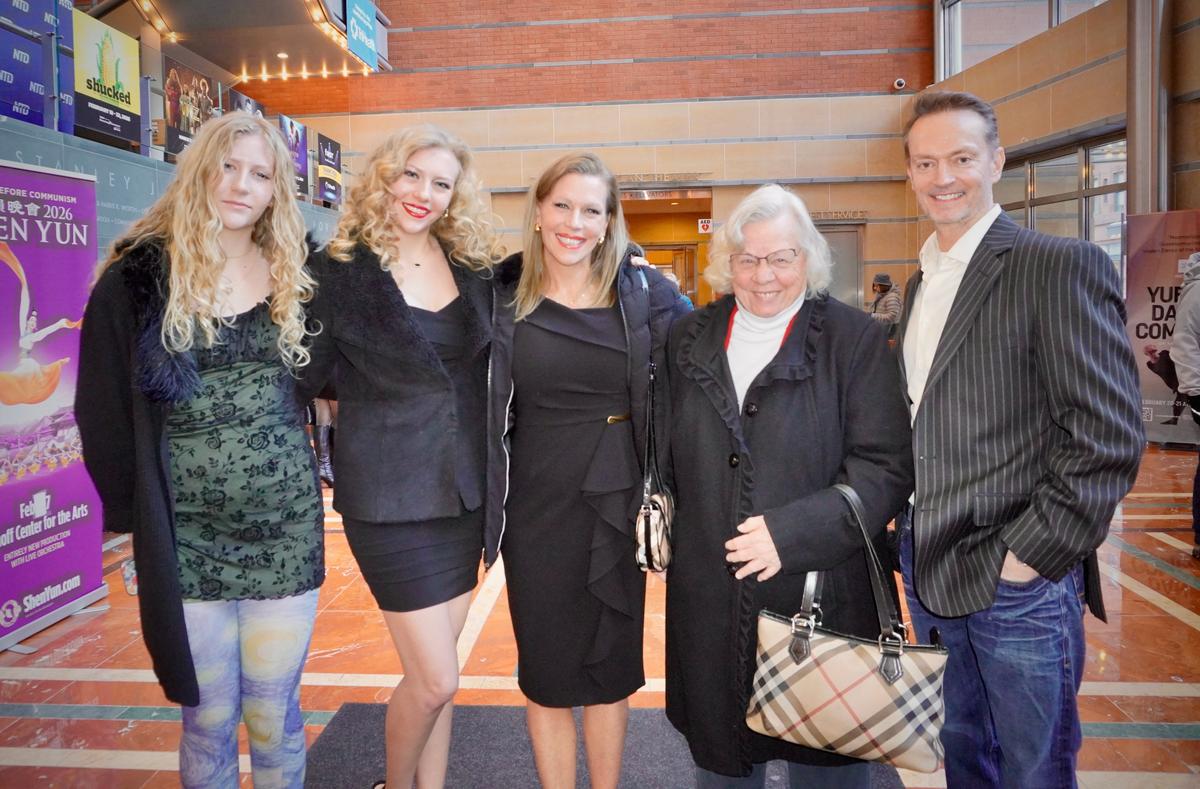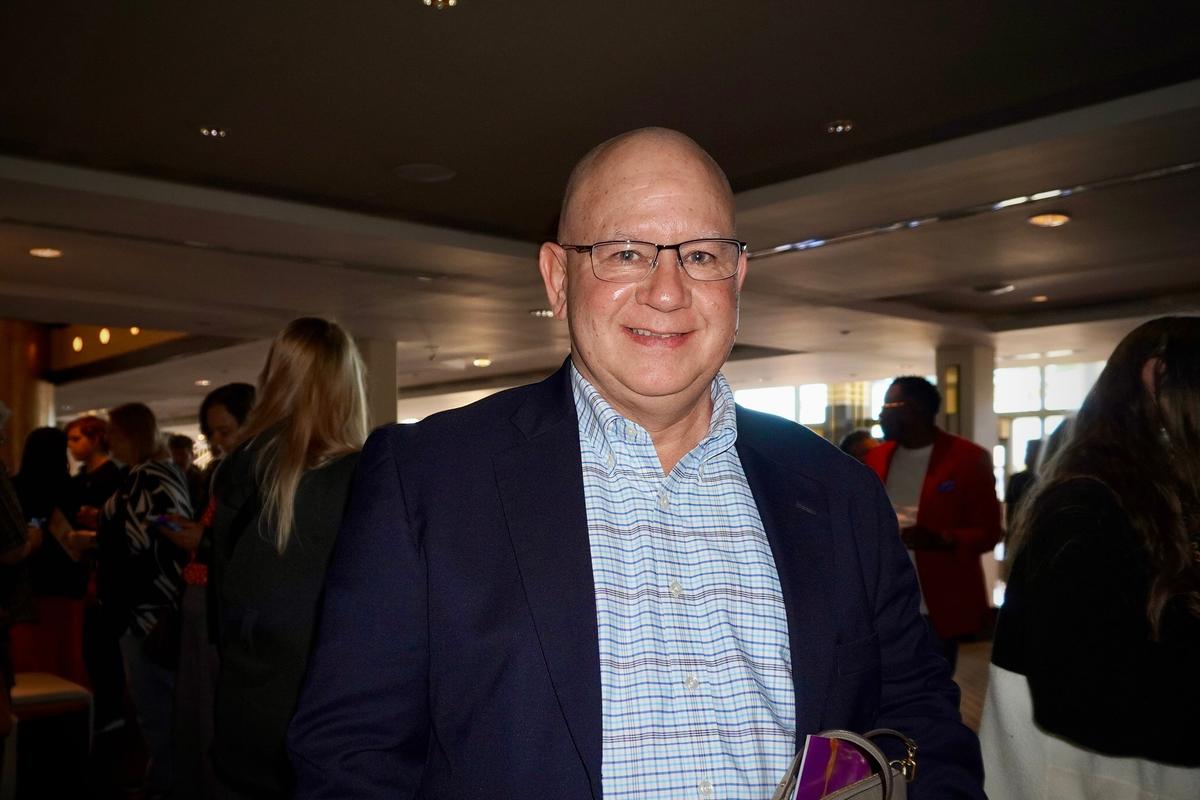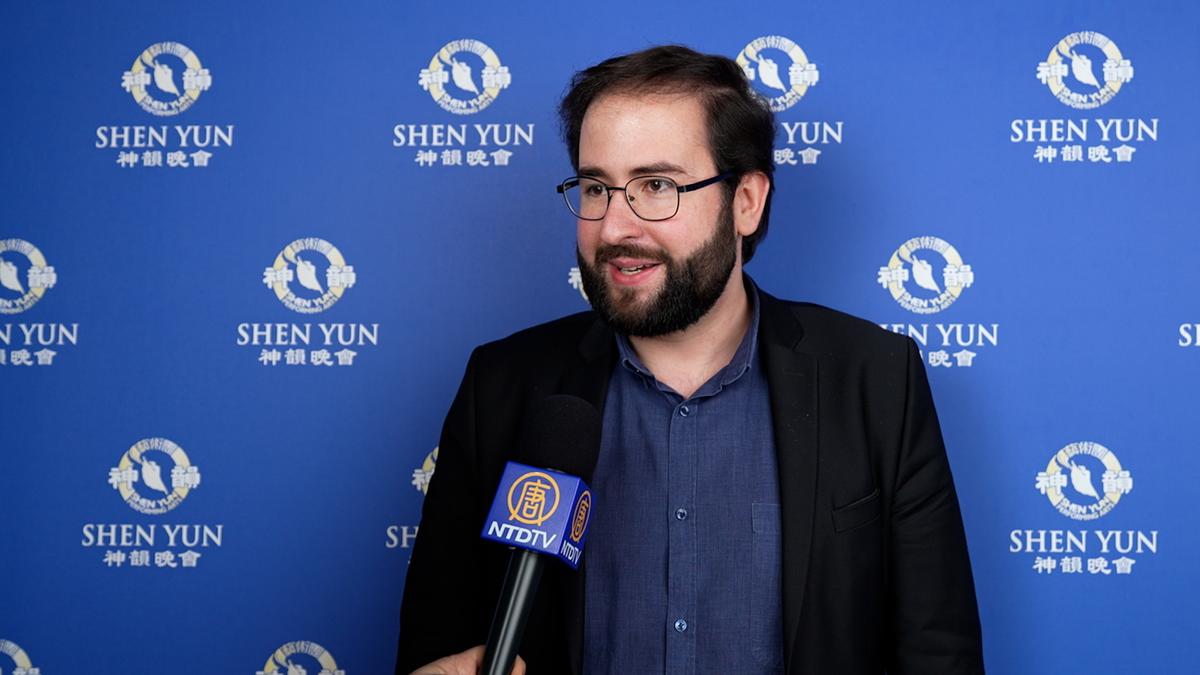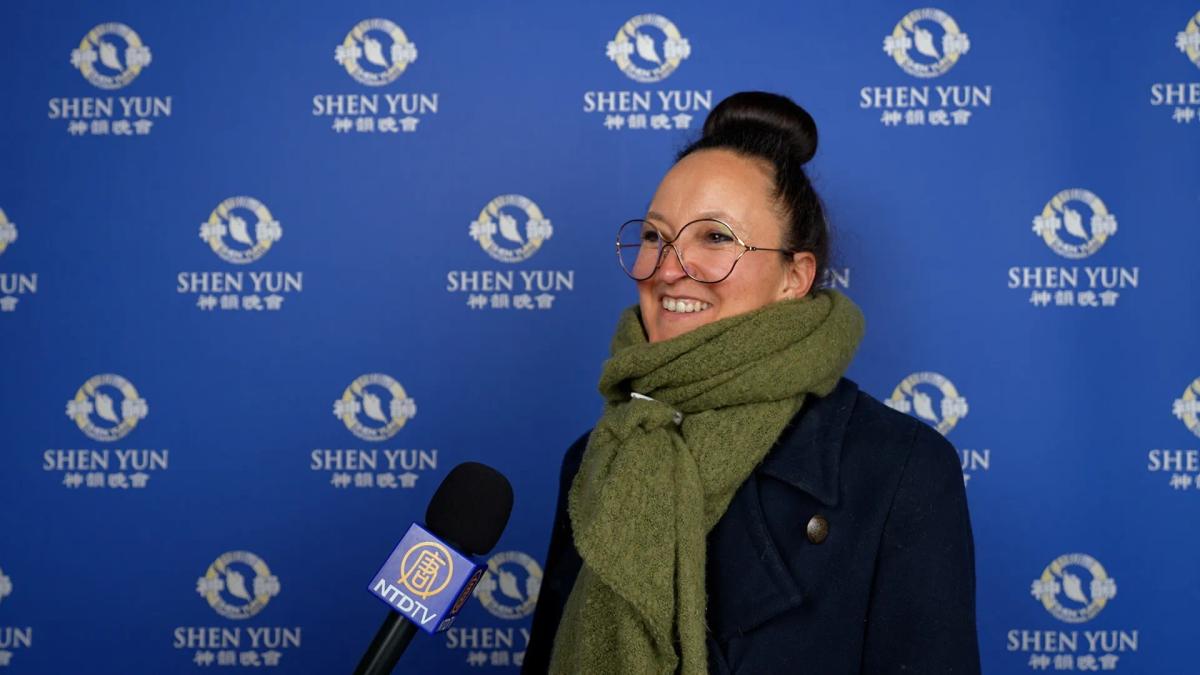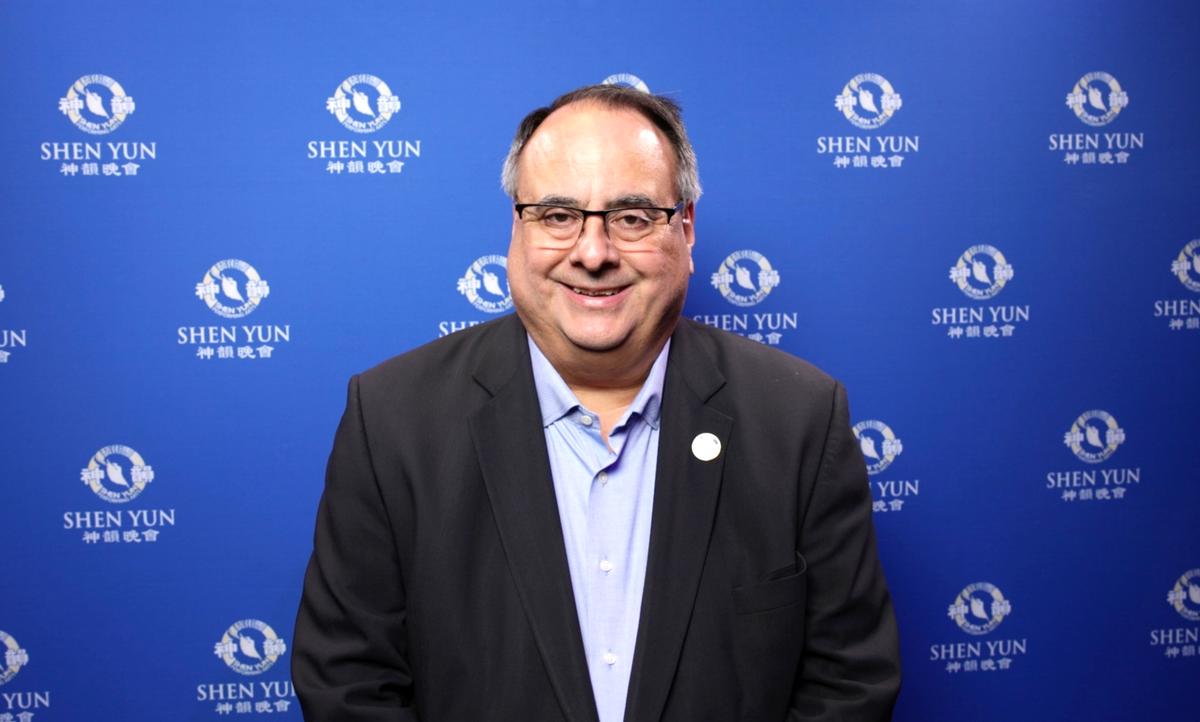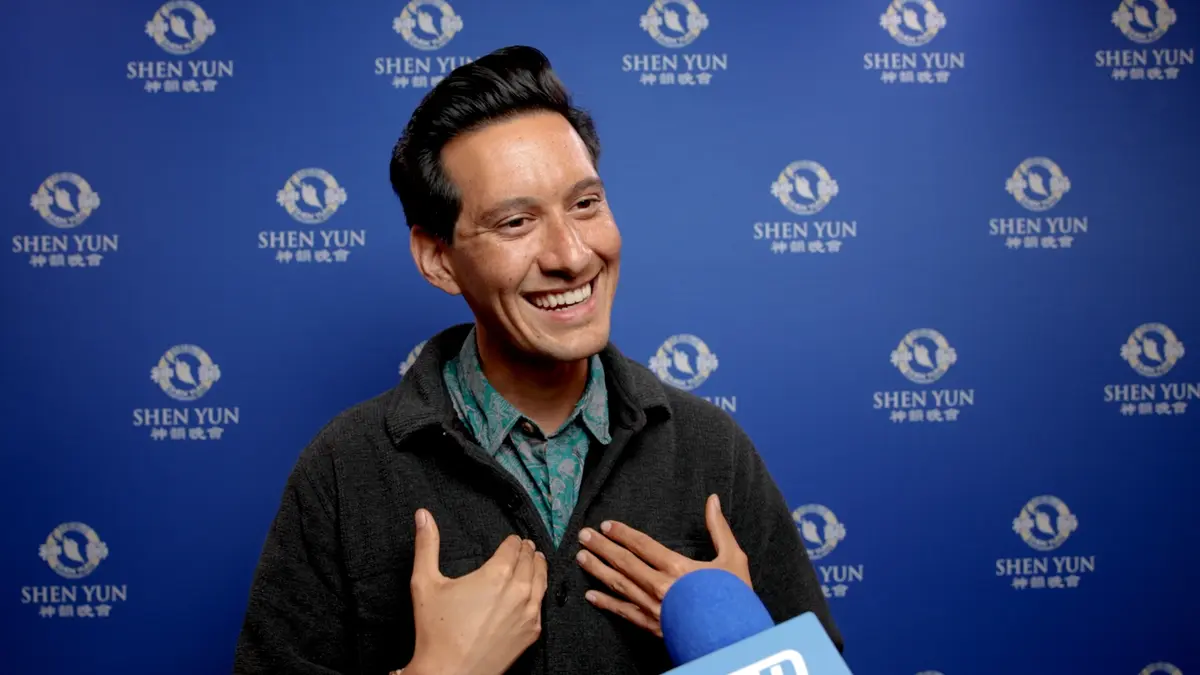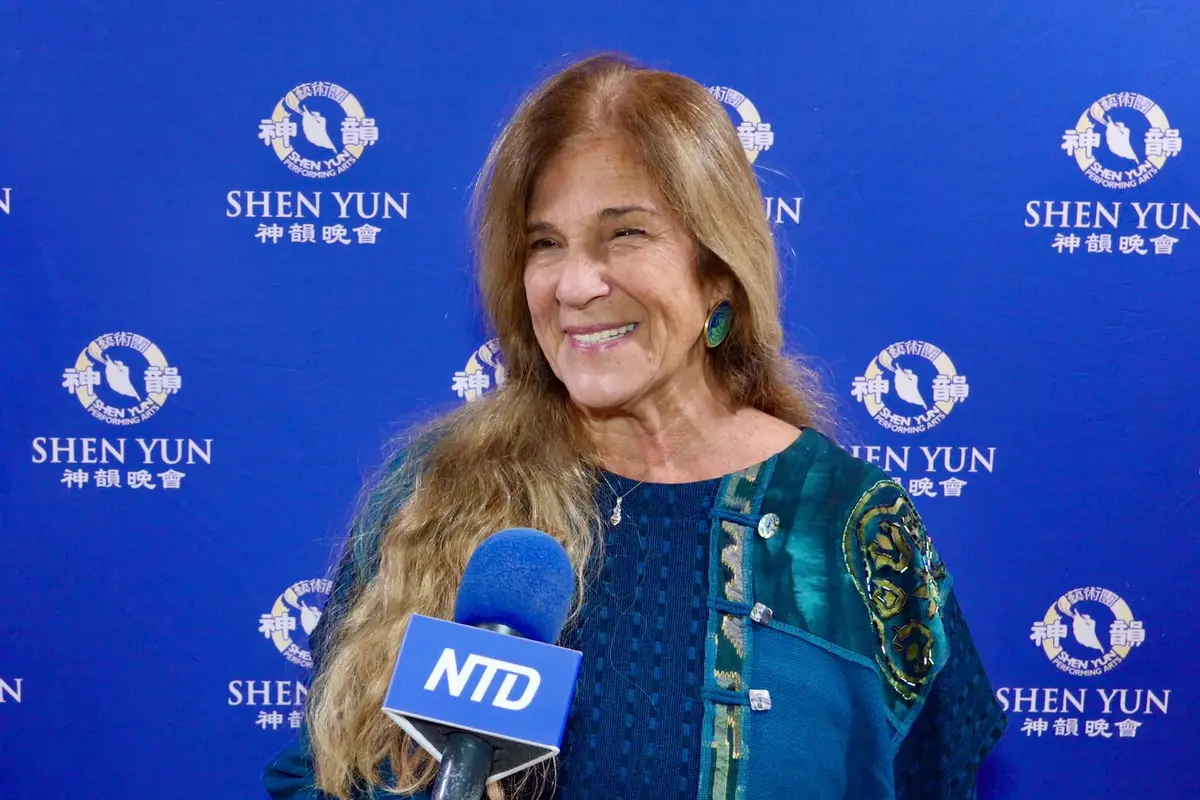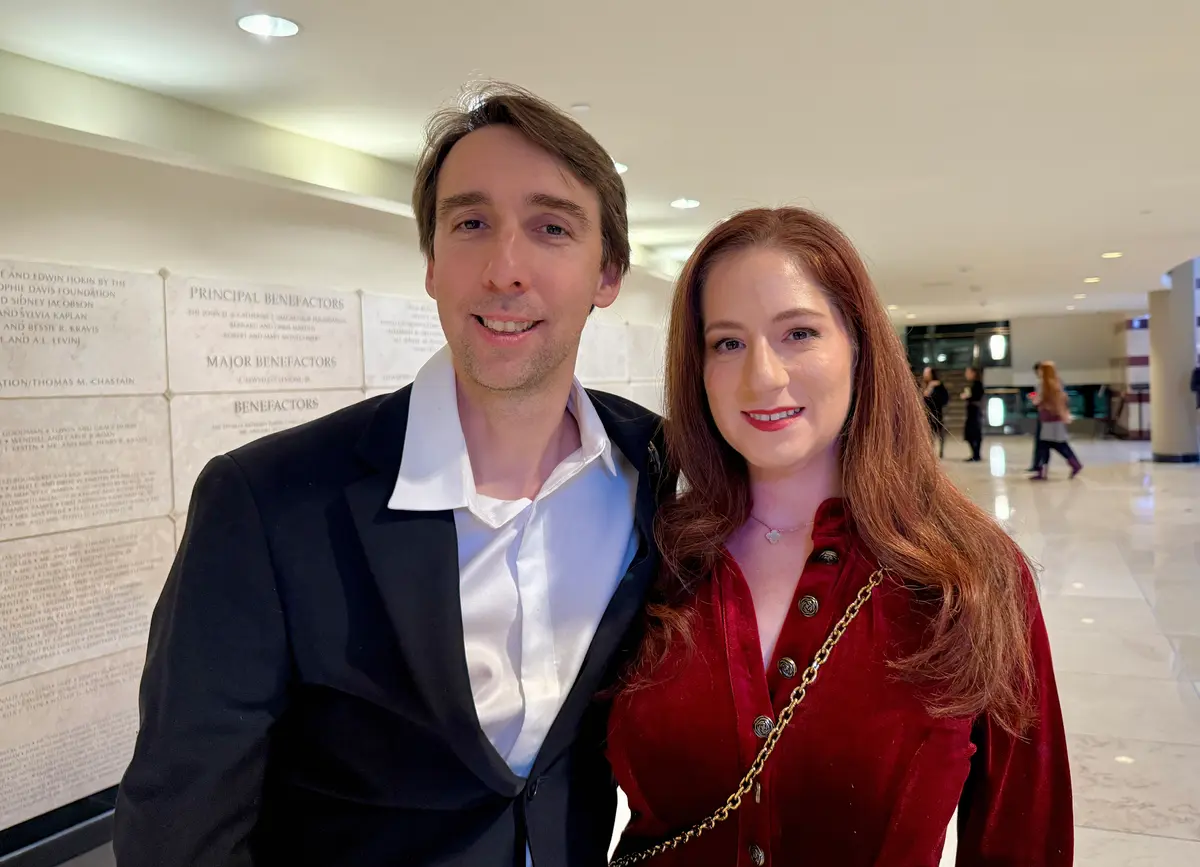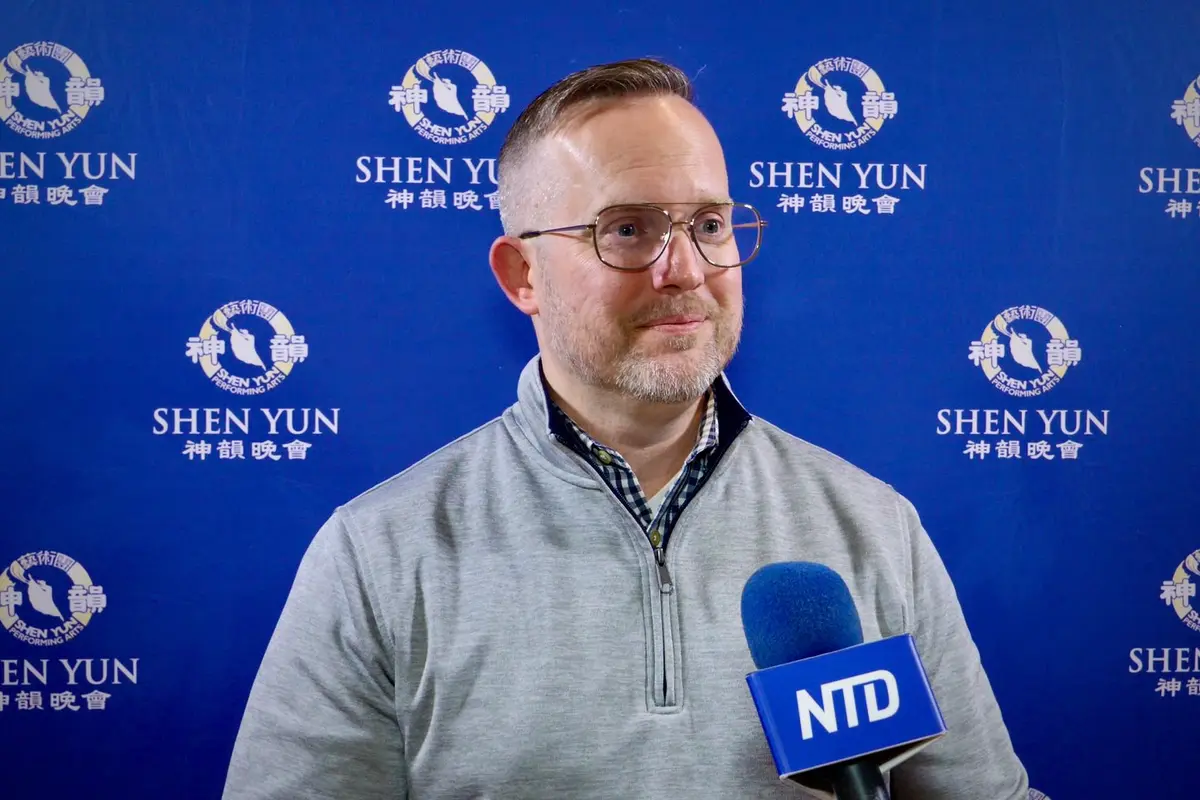The entire secret is to be found in music, from which we want to construct a completely different therapeutic system.
That idea struck Cavarra, who immediately wrote a note for himself, “music is for healing.”
“It helps me sleep, I have gotten strong, and I can stand, and I can walk, I could run,” he said. “No more cancer, no more bad heart.”
Cavarra had brought friends to share in his fortune that night.
“I brought two [friends] today. ... I said, ‘Come, let me show you what I see.’ He has Parkinson’s disease, he’s learning now also, now I’m trying to bring him out and let him see,” he said.
Normally, his friend wouldn’t have been able to sit through a two-hour performance, he said. But that night, “his eyes were wide open, very alert, just keen on what he was seeing.”
An Age-Old Therapy
Music therapy is an idea as old as time, present in cultures from the East to the West and everywhere in between. The human body was considered a work of sacred creation, as was the natural world. Balance of the internal and external through music was an exercise in better understanding the Creator’s grand design.Ancient Greece and, later, medieval medical theory taught that the four temperaments of melancholic, sanguine, choleric, and phlegmatic corresponded respectively to the four elements of earth, air, fire, and water, and governed the health of an individual. Enlightenment-era Baroque composers and doctors believed they could, through musical figurations, balance the humors toward health.
Music is in harmony with heaven and earth. ... Virtuous, elegant music is in alignment with the motion of matter and with the principles of human health. It possesses a pure energy.
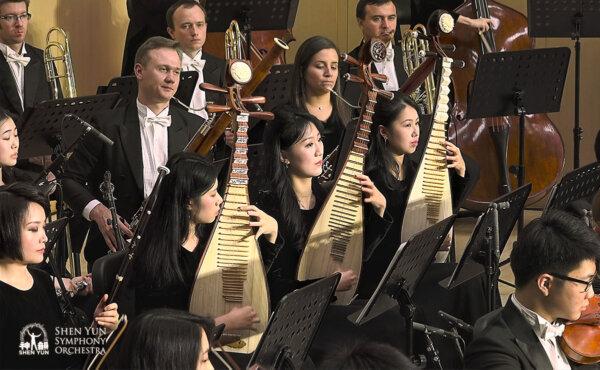
I should be sorry if I only entertained them; I wished to make them better.
Music, Water, Life
In 2004, Japanese businessman Masaru Emoto published “The Hidden Messages in Water,” and his book quickly became a bestseller. You may have heard of his experiment: Emoto exposed distilled water to various sounds, including classical music and heavy metal. The water that had experienced the vibrations of Mozart’s “Jupiter” symphony produced ornate, geometrically perfect crystals. By contrast, water that experienced heavy metal crystalized in distorted shapes. Emoto concluded that the hexagonal crystals he saw represented the life force of Mother Nature.Human beings, being largely composed of water, must similarly react to different types of sound, Emoto thought, and so went on to treat clinically ill patients with water that he had treated with vibrational information.
Hope is an elevation of the soul or spirits; but despair is a depression of this: all of which are things which can very naturally be represented with sound, especially when the other circumstances (tempo in particular) contribute their part. And in this way one can form a sensitive concept of all the emotions and compose accordingly.
‘They Touched My Soul’
Music can raze out the written troubles of the brain.
In 2016, Dennis Langevin, a reverend and veteran, saw a performance in Waterbury, Connecticut, mostly to sate his curiosity about this show he had seen advertised ubiquitously.
“I’m retired military and I’m 100 percent disabled, so I spend a lot of time in pain. So while I’m sitting in the seats, all of a sudden I have a realization—I wasn’t feeling any more pain!” said Langevin, offering his thanks to each and every one of the performers, with a special thank you to the orchestra members. “Two hours that they’re performing, my pain is gone.”
“I’m a Marine, and we’re known for being tough guys, Marines. Well, it brought a tear to my eye here. How do you say thank you for someone who can do that for you? So once again, thank you very much,” he said.
“I fought in Vietnam, and a lot of memories came rushing back for me,” he said, most notably when one of the storytelling dances showed a believer standing up for his faith in modern-day China, in defiance of the atheist Chinese Communist Party. Shen Yun’s conviction toward justice and faith impressed Langevin as much as their skill and professionalism.
“That just kind of touched my soul. No matter what, he didn’t change his belief. ... More people should be like that. That’s just a wonderful, wonderful thing that they do, and again a wonderful thing they did for me. Thank you so, so much.
Music can lift us out of depression or move us to tears—it is a remedy, a tonic, orange juice for the ear. But for many of my neurological patients, music is even more—it can provide access, even when no medication can, to movement, to speech, to life. For them, music is not a luxury, but a necessity.

